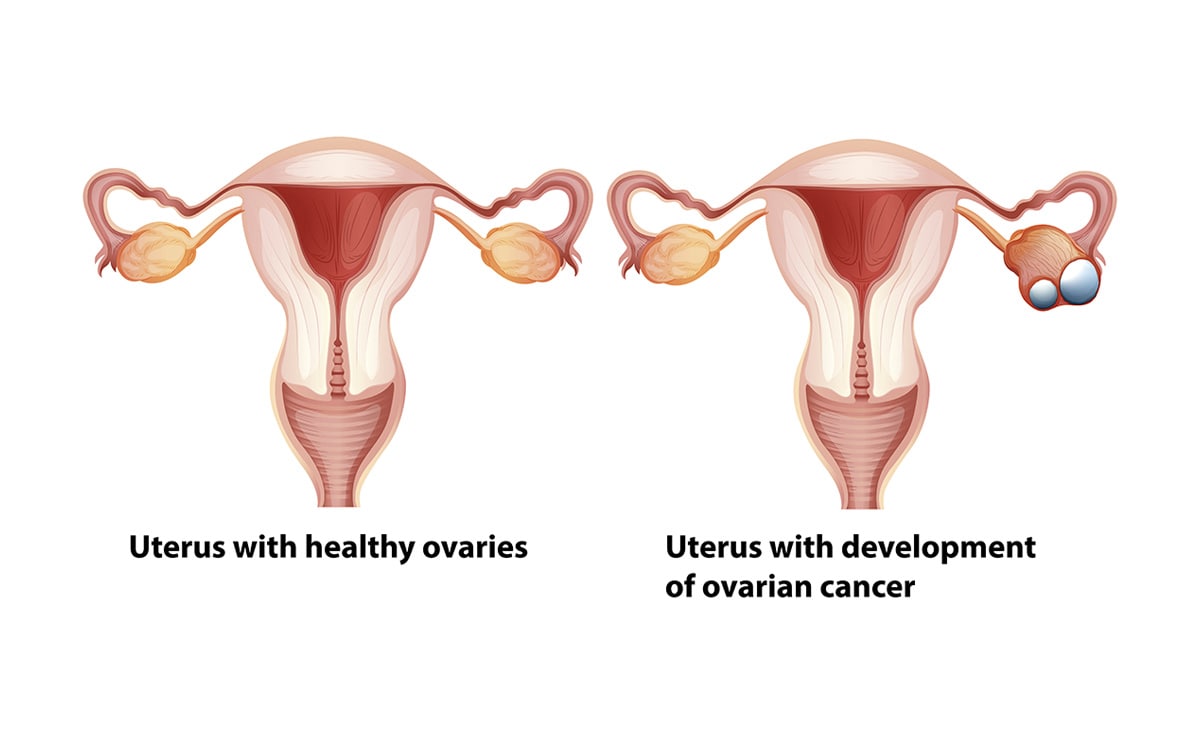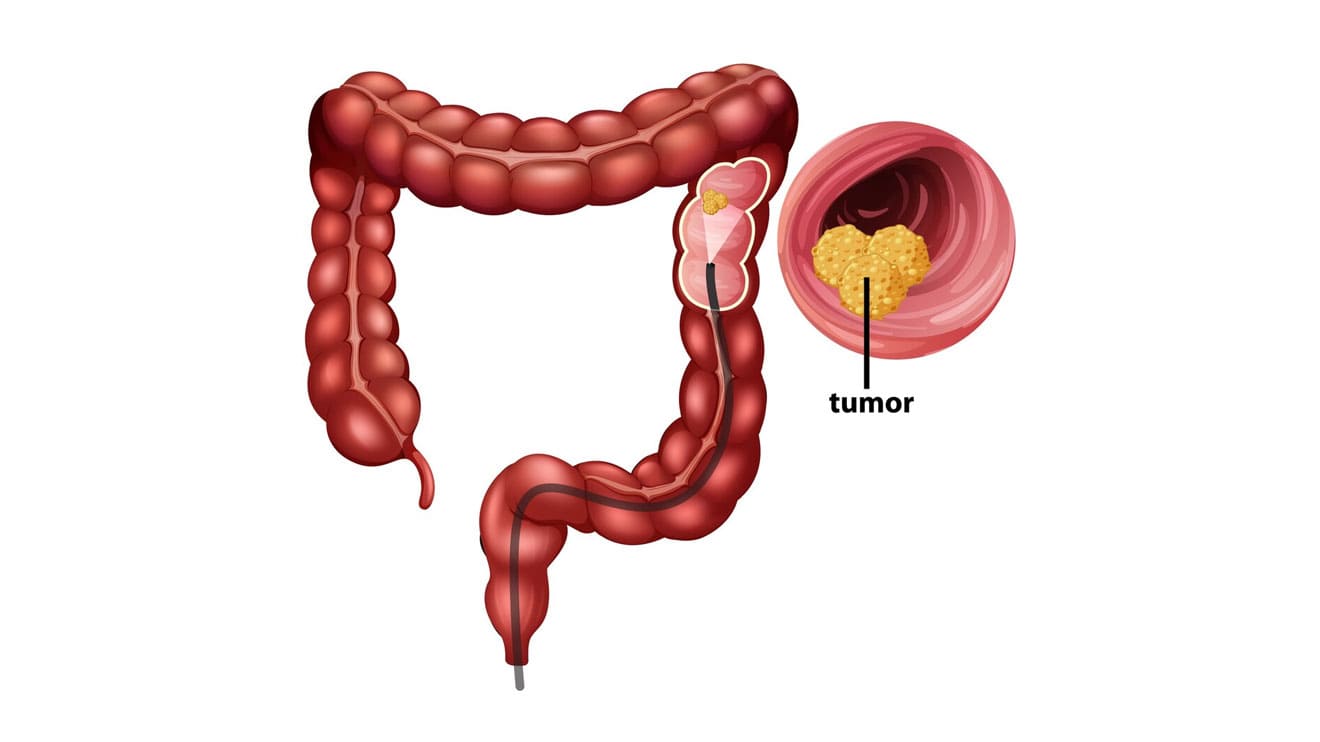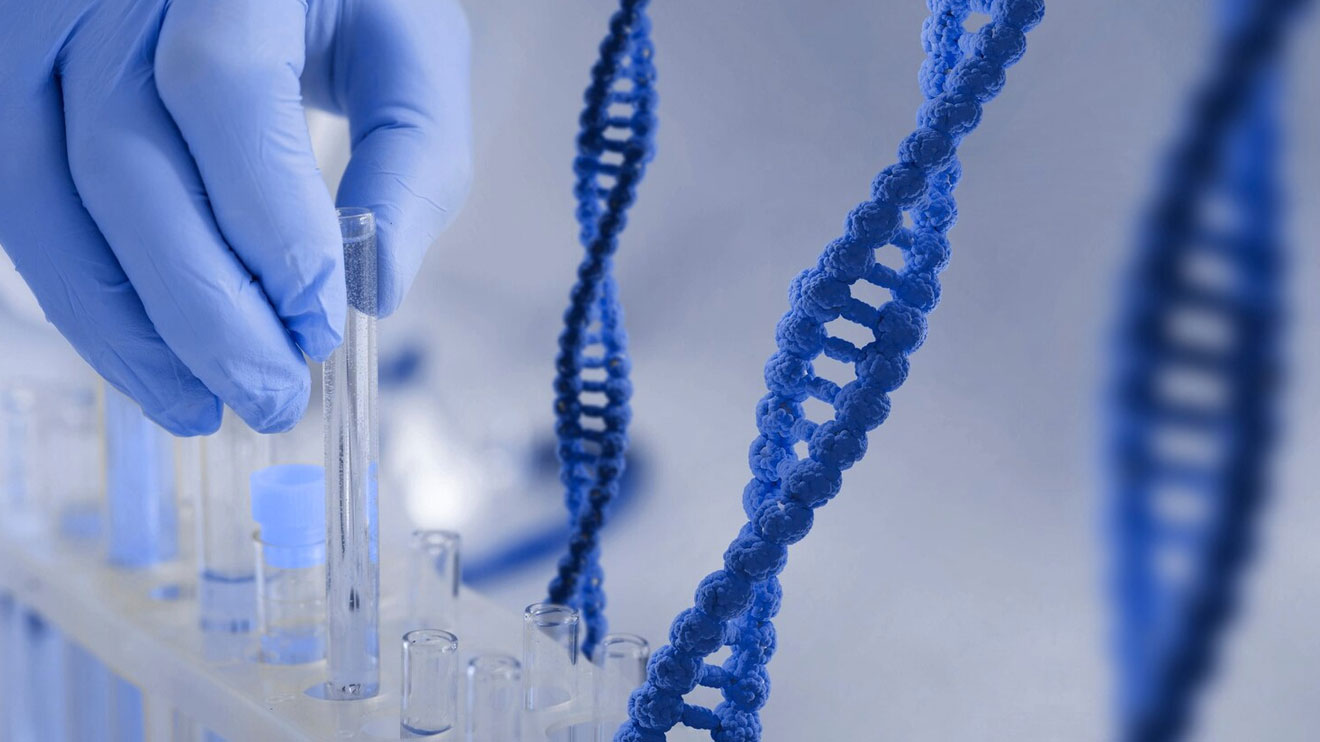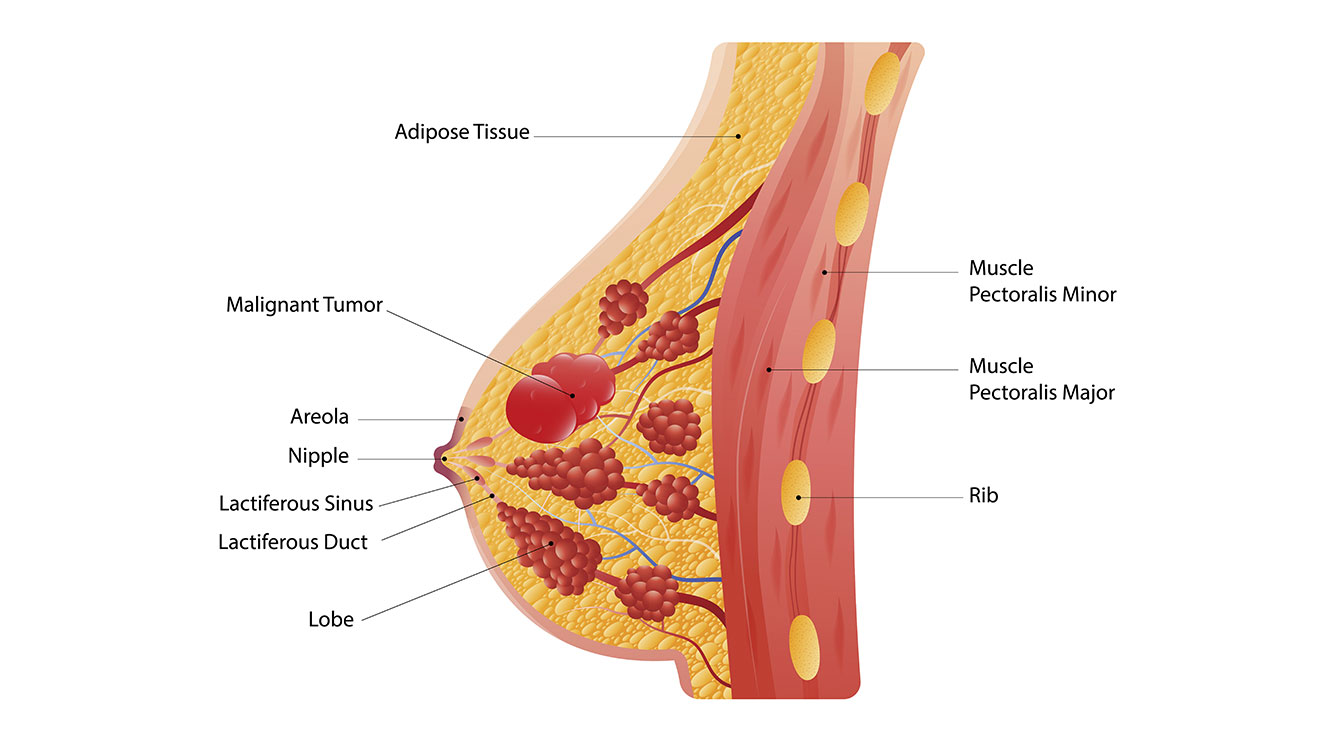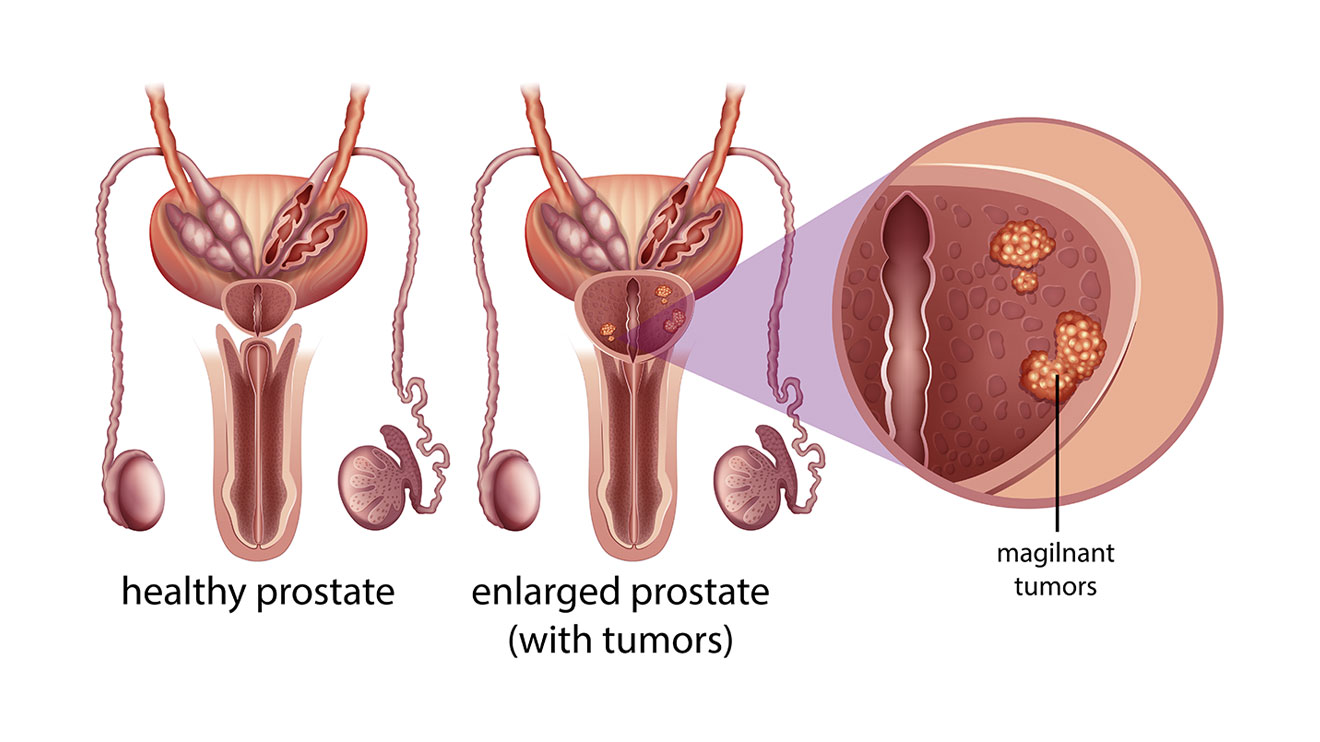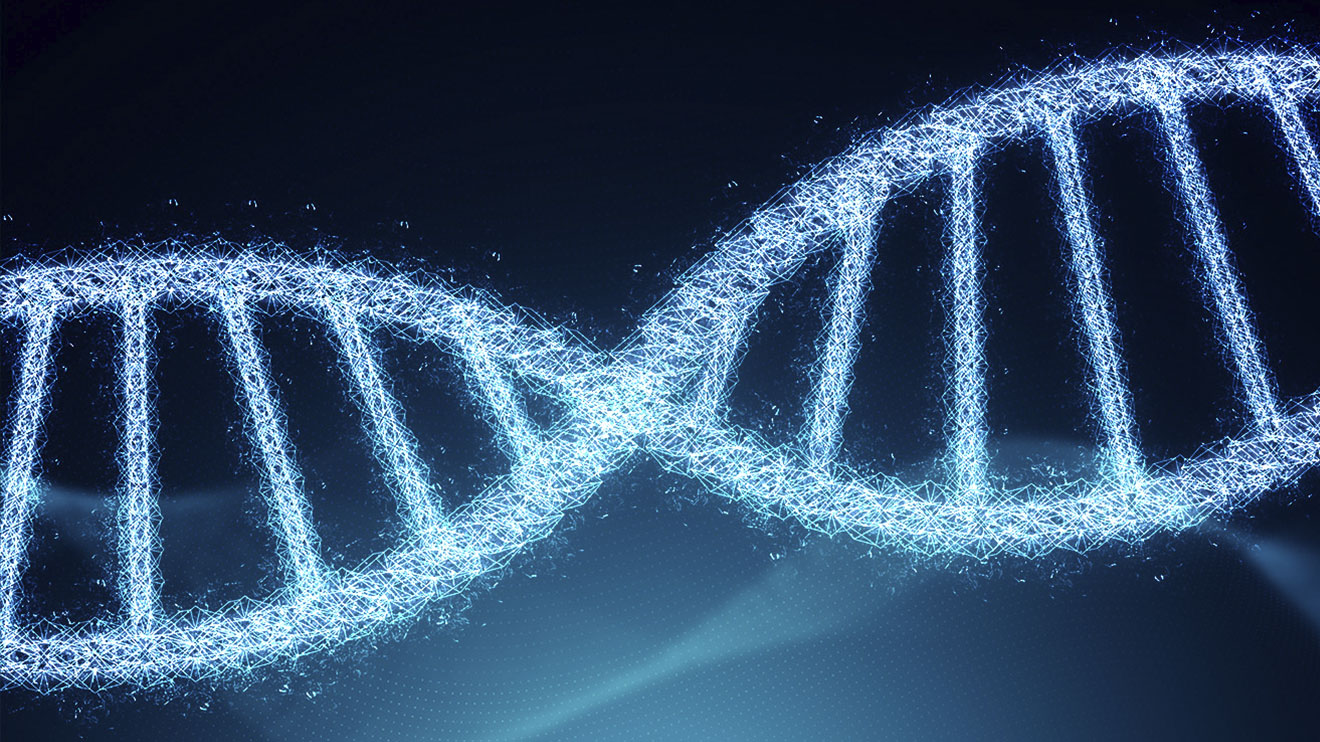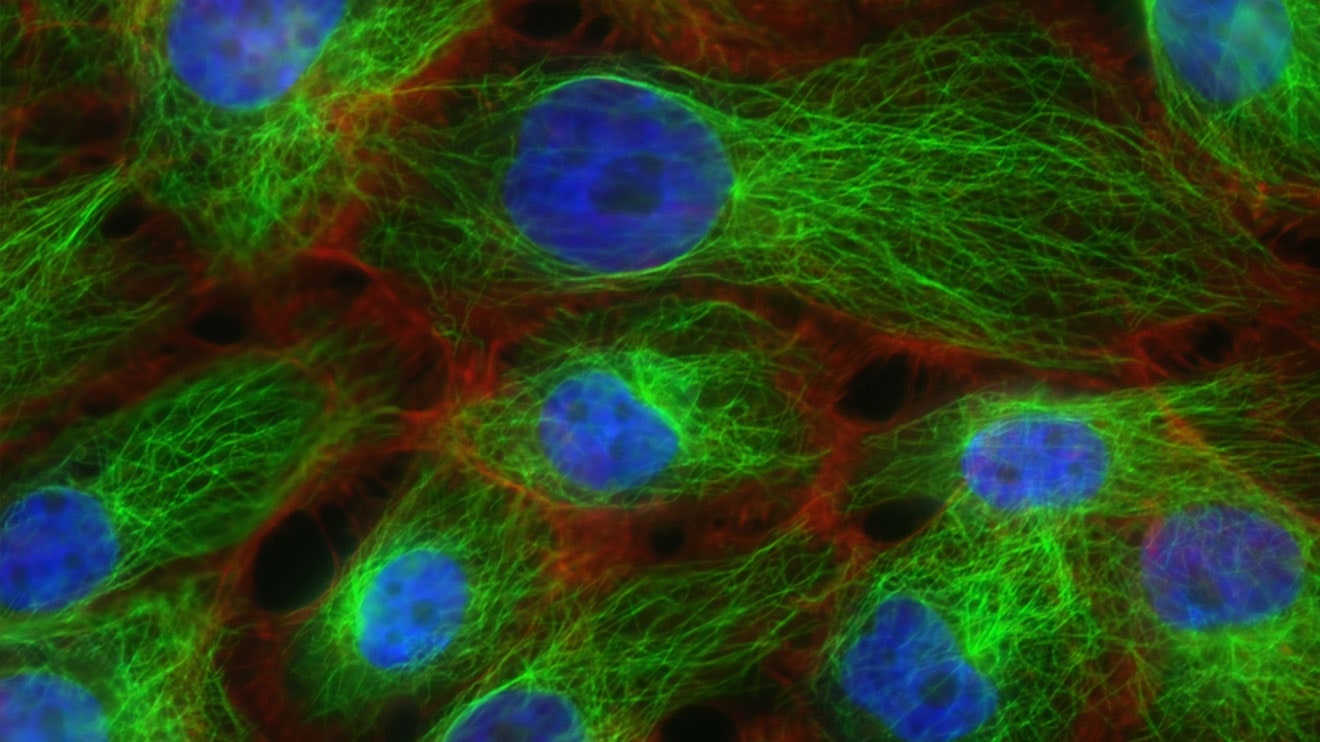Blog

What is ovarian cancer? Ovarian cancer is a type of cancer that starts in the ovaries, the female reproductive organs that produce eggs. It occurs when abnormal cells divide and grow uncontrollably in

Pancreatic cancer is a malignant tumor that develops in the pancreas. The pancreas lies behind the lower part of the stomach.

Melanoma is a form of skin cancer that begins in melanocytes, the cells responsible for producing pigment. These cells produce melanin, the pigment that gives skin, hair, and eyes its color. Melanoma is known for its potential to spread or metastasize to other parts of the body, making early detection and treatment crucial.

Lynch syndrome, formerly known as hereditary non-polyposis colon cancer (HNPCC), is an inherited cancer syndrome that increases the risk of several cancers but especially colorectal cancer.

The Eiira Genetic profile shows results from genetic tests if you are at higher risk for hereditary cancer. We also assess this risk based on your genetic variation and your family history, if any. If we find any prominent risk for certain cancers, we help you with steps to manage those risks.

Breast cancer remains a prevalent concern for many individuals, and understanding the role of genetics, particularly the BRCA genes, is critical in assessing one's risk. In this article, we delve into various aspects of the BRCA genes and their association with breast cancer.

The answer to that question is yes. This is because it is not permitted by law for healthcare, or Eiira Genetics for that matter, to inform your relatives that they too may be carriers.

Prostate cancer occurs when unusual cells form and grow in the prostate gland. However, not all abnormal growths, known as tumors, are cancerous (malignant). On the contrary, some tumors are not cancerous (benign).

As there are different types or purposes of a DNA test, there are also different answers to this question. You may be involved in a research study, want to know if you are the biological father of a child, want to research your family history, or want to know if you have an increased risk of disease or...

Thyroid cancer starts in the thyroid cells, a butterfly-shaped organ located at the neck, just below the Adam's apple. The thyroid gland produces hormones that regulate various body functions, including metabolism.

In monogenic inheritance, only a mutation in one copy of a single gene is needed for a person to develop a disease or condition. These mutations are rare in the population and each individual mutation is only found in about a handful of individuals worldwide.

Eiira Genetics is a Swedish startup company founded in 2020. Our four AI experts, in addition to genetic experts from Karolinska Institutet, are the people behind Eiira. The most important thing for Eiira is to strive to make genetic testing accessible to everyone. Our main goal is to help people take control of their health by preventing hereditary diseases and...
